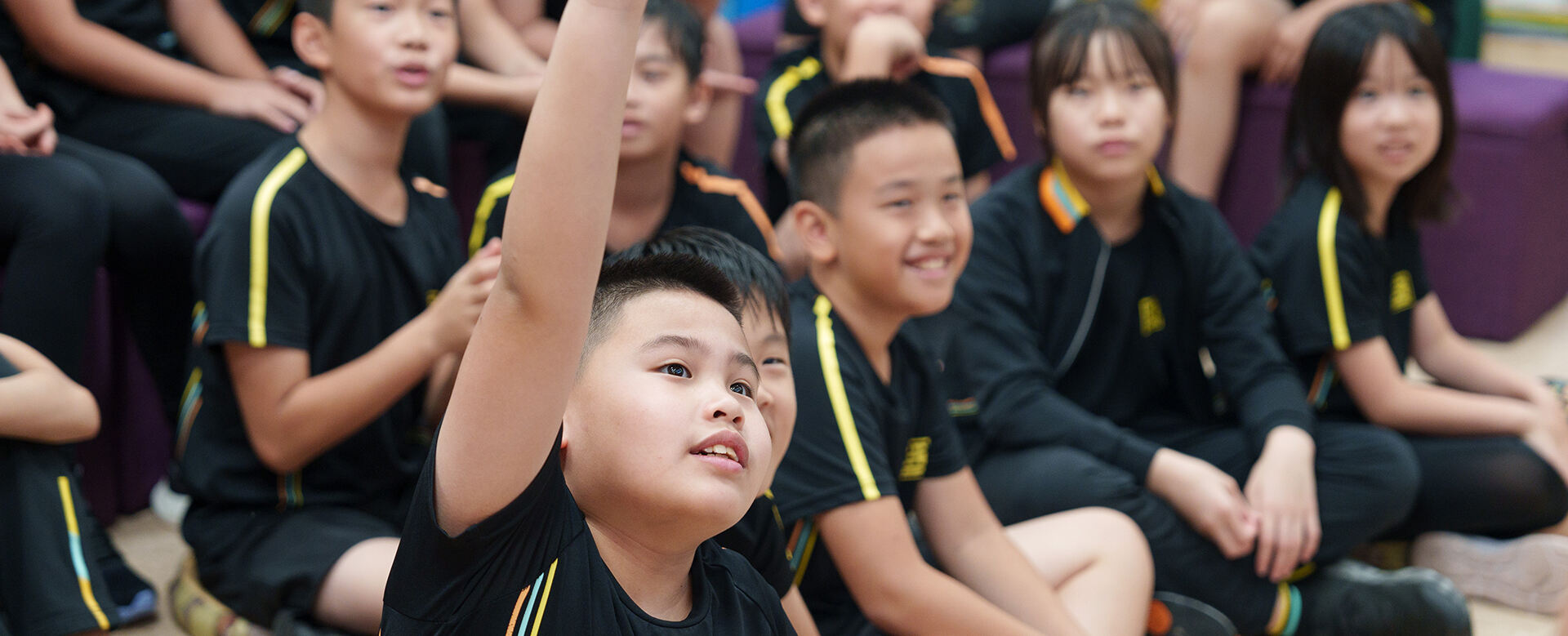
Professor Weissbourd at Harvard University conducted a study over a decade. He asked 10,000 secondary school pupils to rank what was the most important things to them in life.
The results showed that nearly 50% of pupils considered achievement to be the most important, 30% the pursuit of happiness, and only 20% caring for others.
This got us wondering: Is caring for others not an equally important value?
Song Yifan, a Hiba parent and vice chairman of Hiba charity committee, gave a different answer.
1
The Hiba Spark Programme
In 2016, Harvard University’s 'Turning the Tide' programme was a call to action based on Weissbourd's research. It aimed to inspire pupils to care about others and the public interest regarding university admissions policies. Supported by100 top universities, this appeal made charitable involvement an important part of universities’ acceptance criteria.
Yifan, who once worked in the field of philanthropy, said: “Is this kind of charity still meaningful for pupils? A public service that is for the sake of further education or homework loses much of its fun.”
Fortunately, she saw Hiba and defines charity differently.
Since its first donation drive at the founding Hiba Annual Ball, Friends of Hiba (FOH) has been exploring charity education.
Over the past five years, it has been an important part of what we do at Hiba. Hiba aims to create future leaders who are compassionate and socially responsible.
In 2021, Hiba Junior High pupils began the grant-making programme. More than 20 pupils participated, and, with the support of FOH and Shanghai United Foundation, the programme made Charity of Shanghai’s top 10 campus charities list.
However, Hiba will not rest on its laurels, and is constantly seeking ways to further its charitable work.
Academic achievements do not make up the sum total of a child’s development. A holistic education encourages values of kindness and engagement in the community.

▲Pupil got close to localpeople in Loutang Charity Programme
Hiba has therefore launched Hiba Spark, a programme that integrates rich programmes and resources within and outside the school, enabling Hiba pupils to engage in a variety of charitable activities.
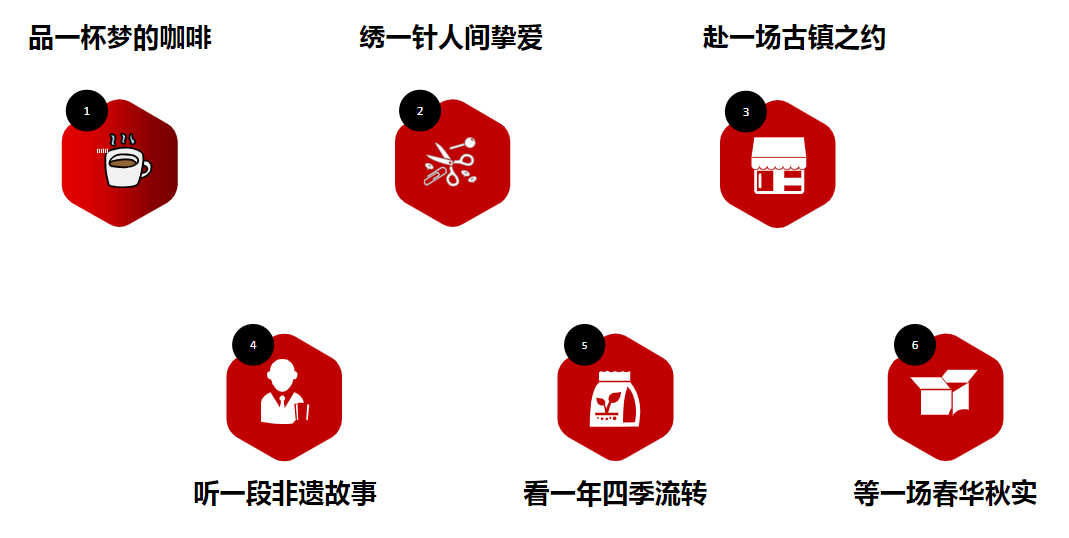
▲Six Hiba SparkProgrammes launched this term
For October’s Hiba Spark activity, pupils visited a ‘special’ coffee shop that employs young people with disabilities in Shanghai.
Pupils learned the basics of running a charitable coffee shop, from selecting coffee beans to selecting a location. They even worked on getting a round of angel investment.
This was the first time the young Hiba entrepreneurs tried to use a mature business mindset to complete a project.
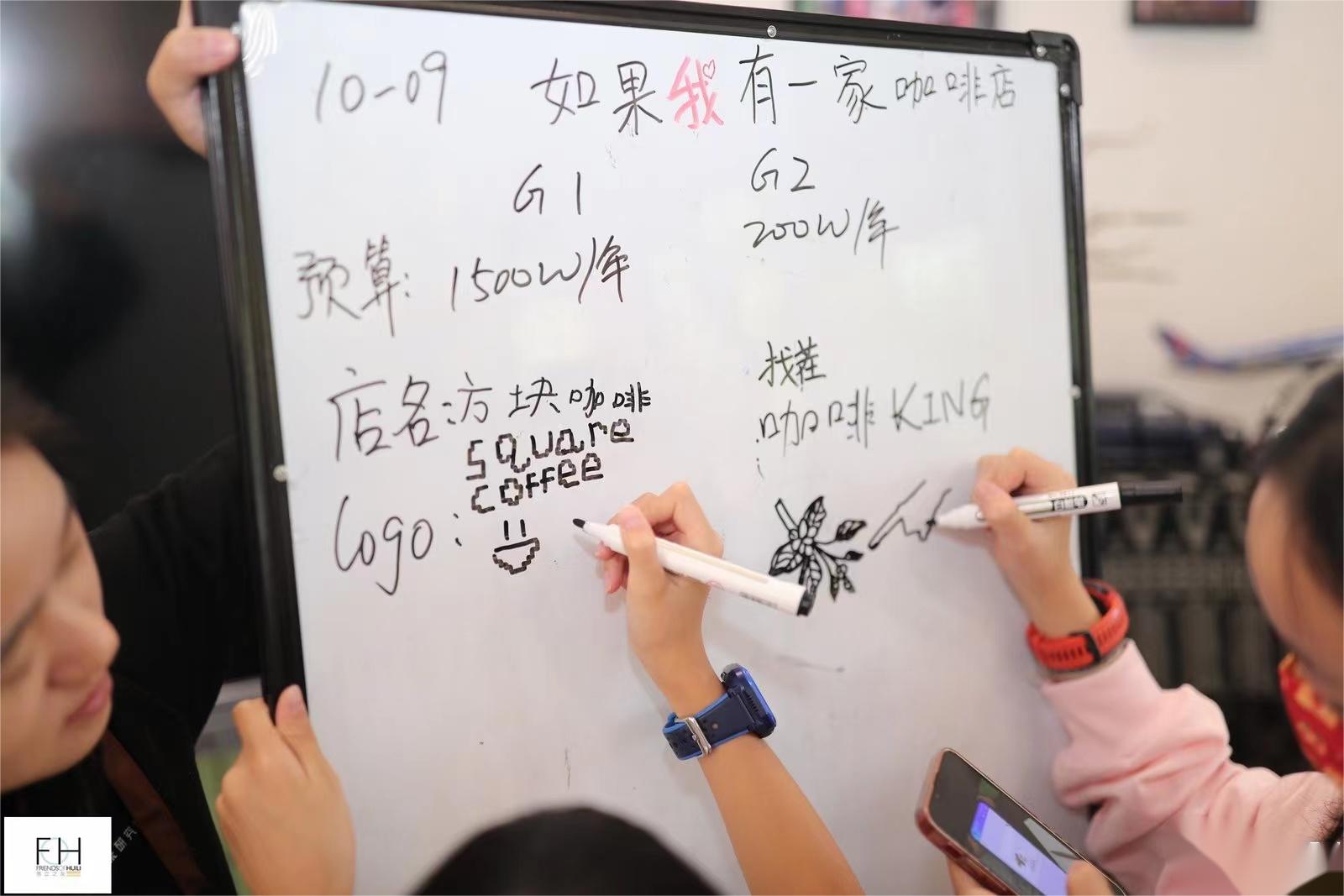
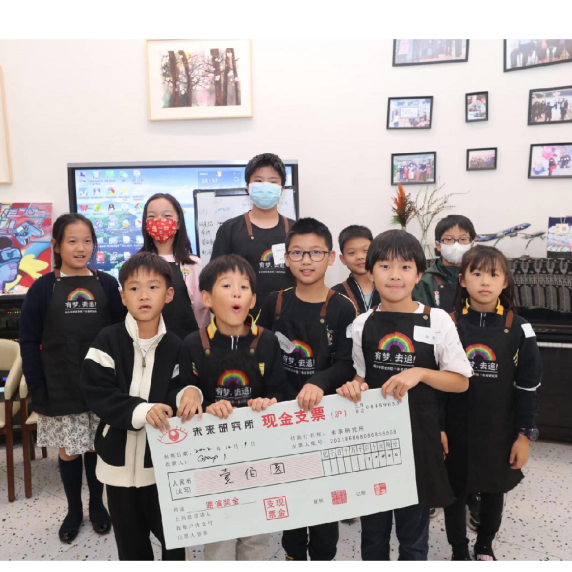
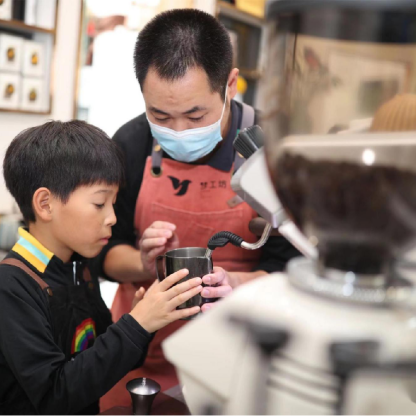
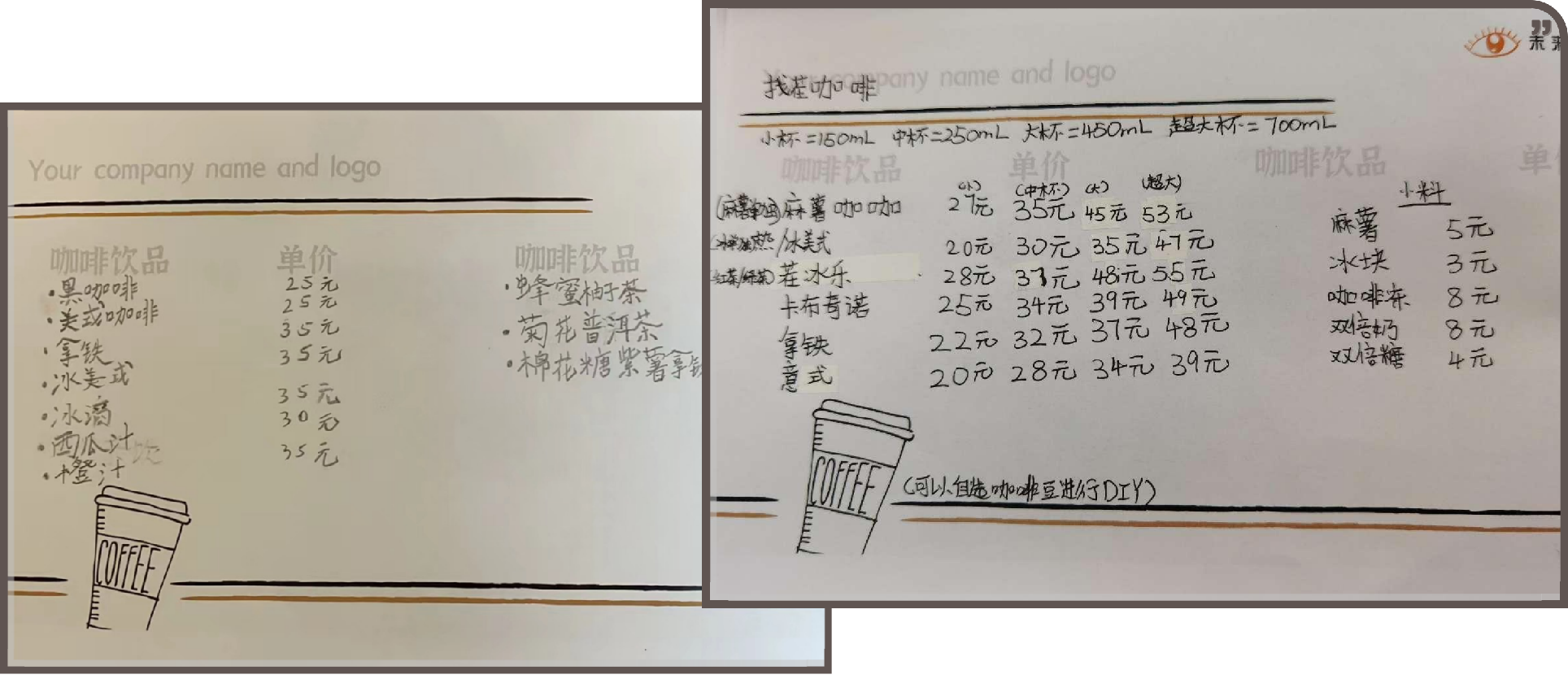
▲Hiba pupilssimulating starting up a business
“We want to show children from their young age that there are many issues in the world. We need to find these people in society who need real help, and what effective methods are. There's a lot that we can do instead of donating,” said Yifan.
2
True value of charity education
Since its founding in 2019, the Hiba Charity Fund continues to grow. Thanks to FOH’s efforts, we have the support and wisdom of more quality charitable organisations and charity education experts.

Development path of Hiba charity

If Hiba Spark programme helps children connect with the real world, the Hiba Empowerment programme enhances their abilities and attainments through active participation. Together with Hiba youth grant-making, they form an important part in Hiba charity education.
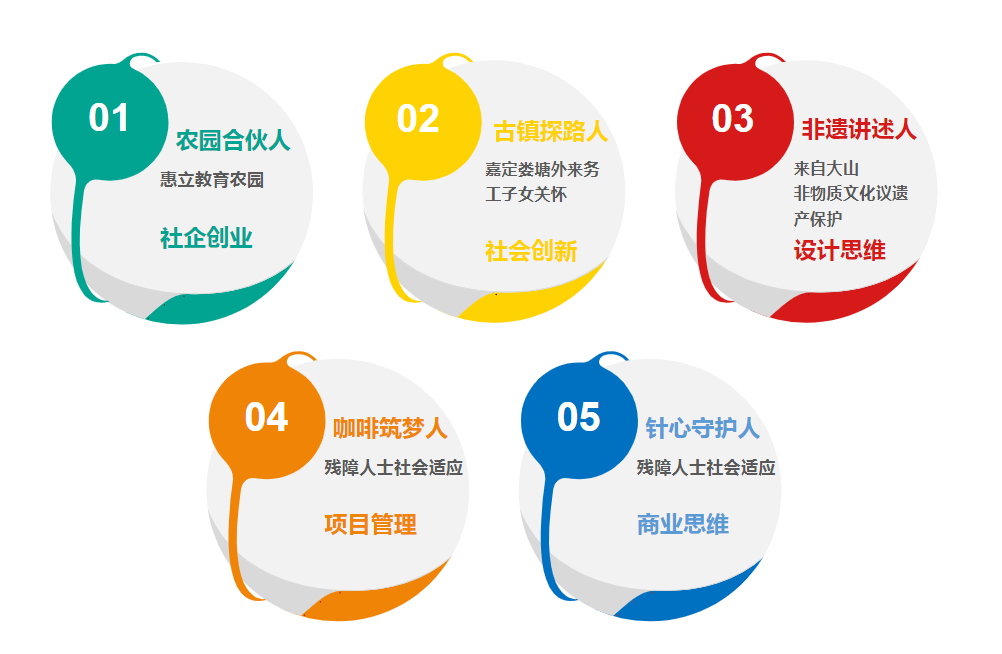
▲Hiba charity loop
The intangible cultural heritage in ‘From the Mountain’ needs preservation. Hiba Intangible Heritage Narrators programme aims to help children make sense of the development and current state of intangible heritage culture through creative thinking. They are encouraged to use innovative narratives to draw more people's attention to cultural inheritance.

▲Intangible culturalheritage programme team conducting interviews
Pupils need to conduct three rounds of in-depth interviews of people from different positions and backgrounds.
They are trained by their mentors before interviews to help them better dig into stories. After interviews, they will use their creativity to tell us a cultural story and their results will be used for social promotion of intangible cultural heritage.
Hiba charity is not a simple subject that has specific framework, but rather an integrated one that builds their overall knowledge and develops thinking skills.
Whatever a pupil's strengths is, they can make a connection with charity: whether it's the articulation skills to tell the story of an intangible heritage, or the mathematical knowledge to calculate the cost when planning an embroidery promotion activity.
After an interview with the ‘birch bark’ intangible cultural heritage promoters and the local minority primary school teachers, founding members of intangible cultural heritage programme stated:
We urban children are very interested in ethnic culture, but we don't know how to learn about them. We are glad to have such a face-to-face opportunity to see the real situation of ‘birch bark’. We also hope that through our own efforts, more people will join us in preserving our Chinese intangible cultural heritage.
Through Hiba Empowerment Programme, pupils have an in-depth participatein different activities and take on diverse roles to explore boundaries oftheir abilities. They are key figures in the process to pass on what they gainto the wider community.
On one hand, they will continue to explore more issuesthat need attention and support of Hiba Youth Impact Investment Fund. Theyfocus on 'what kind of charity society really needs', rather than 'what kind ofcharity I like to do' and become people with public spirit.
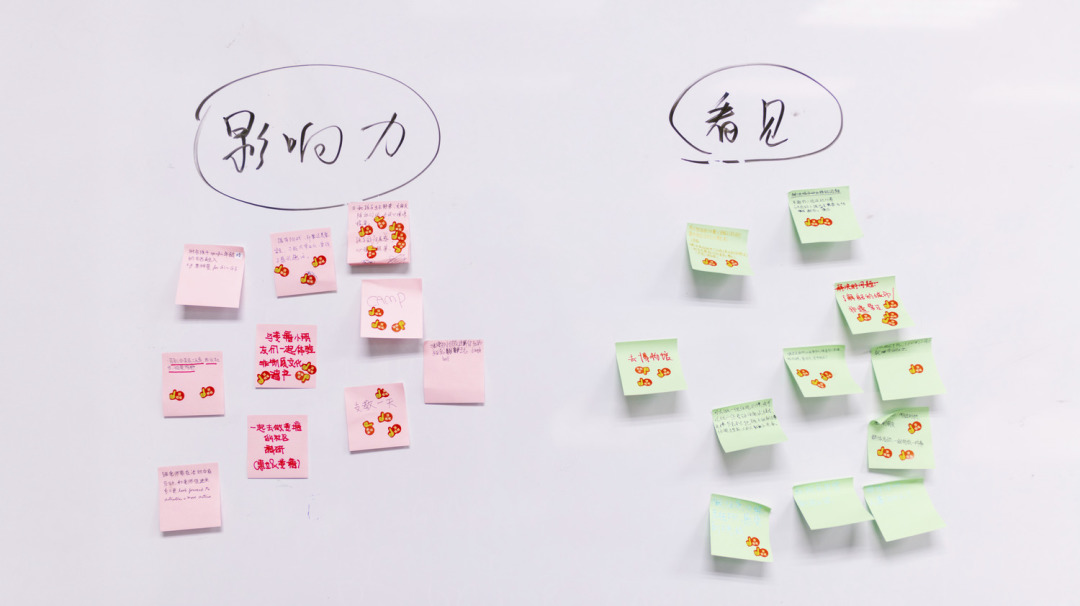
On the other hand, they will continue to enrich Hiba Spark programme with more positions and opportunities open to pupils to experience practice of charity, and attract them to join in.
Hiba charity gives pupils a new dimension to observe society, create ideas and solve problems.
From this, they will reflect on their own meaning and value. When charity forms such a positive influence on pupils’ lives, it gives them not only good morality, but also competences that will last a lifetime.
3
Redefining parent-school partnership
Due to dedication of FOH and every member of the community, a variety of charity programmes can thrive at Hiba campus.
"We are grateful to the entire Hiba community for their recognition and support of charity," said Yifan. “Making it a mature and ongoing cause is not easy, not only because it is a subject that is rarely touched upon, but also because we want to make charity a worthwhile thing. We are pleased that Hiba community has shown the courage to do this.”
Behind every charity programme, we have a strong ‘support team’ of committee members, professional charity organisations, school teachers, FOH, external mentors and pupil leaders. Each person plays a part in their own role.
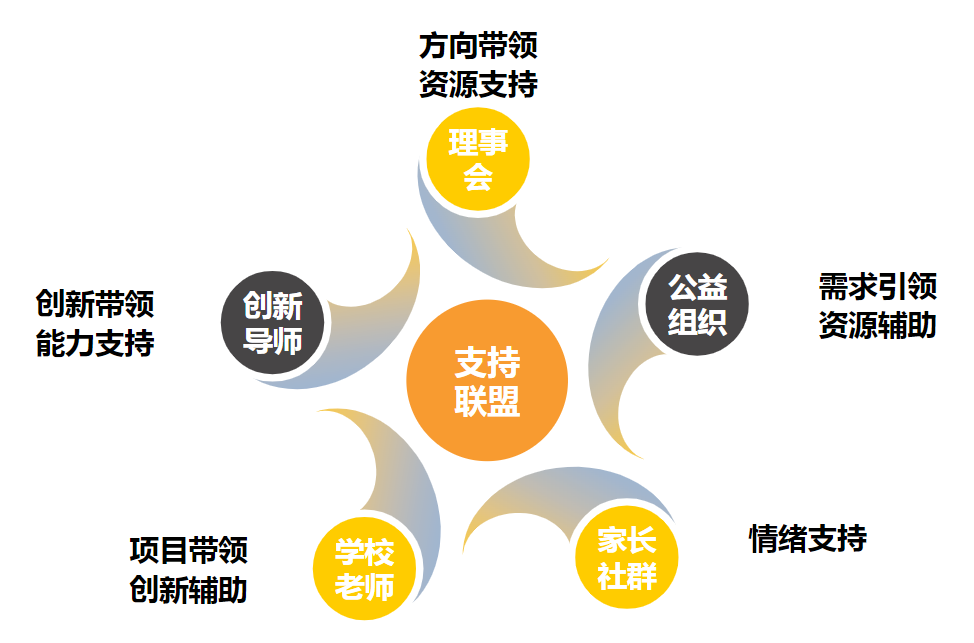
▲Hiba charity support team
On a Tuesday, when pupils walking to have a charity CCA course and met Yifan in the hallway, they greeted her respectfully like she is their teacher.
In Hiba, parents are not stereotypically regarded as ‘the mother and father of classmate next door". This is how parent-school partnership redefined in such an atmosphere.
In the future, there will be a group of pupils who will be the practitioners and leaders of social change. As they grow up, they will not only have great aspiration, but also can roll their sleeves to practise. We are confident that Hiba pupils will find the strength to move forward.
The story of Hiba charity is just a chapter in Hiba's journey to pursuing excellence, but it reflects the cooperation and collaboration that FOH and the entire community show at all times. They not only form a strong backbone behind Hiba charity education, but also are steadfast partners of the school.
Celebrating 5th anniversary
Five years is a summary of Hiba's own story, and a new page to create its history. We are proud that we have pupils who dare to step out of their comfort zone, dedicated educators as well as supportive and bonded FOH.
Although the future is full of unknowns, together with them, we are determined to march forward steadily.